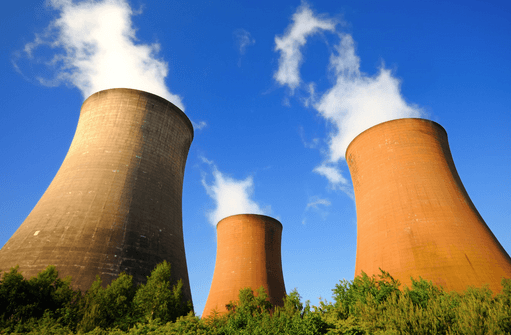Ghana’s nuclear research reactor can’t be used for deadly weapons
 Ghana has converted its nuclear research reactor to use Lower Enriched Uranium sensitive fuel so that should it accidentally fall into the wrong hands it cannot be used for the manufacturing of dangerous weapons.
Ghana has converted its nuclear research reactor to use Lower Enriched Uranium sensitive fuel so that should it accidentally fall into the wrong hands it cannot be used for the manufacturing of dangerous weapons.
Thus, the Uranium enrichment levels of the reactor core have been reduced from the previous 92.2 per cent, to 13 per cent, with its fuel expecting to last for over 25 years.
The general functions of the research reactor have, however, not changed with the update.
Professor Kwame Aboh, the Deputy Director-General of the Nuclear Regulatory Authority, and Project Director of the Reactor Conversion Programme, said at the conversion ceremony that by the success chalked, Ghana had become the first African country to undergo a nuclear reactor conversion, to replace the old Core.
The old core, which was installed in 1994, had already exceeded its expiry date.
Prof Aboh expressed his joy and satisfaction with the success, saying the entire process was historic and a great relief to the country.
He explained that the previous research reactor had been operated for the past 21 years, and exceeded its uranium fuel expiry date, which was supposed to be between 10 and 15 years, and therefore, needed to be upgraded.
Prof. Abor said Ghana had since 2006 participated fully in the transitional process together with the United States Security Department and the Chinese technology holders in the various calculations and specifications for the new reactor core, and also to meet the current global standards.
The entire project, he said, had been fully paid for by the US Government, as part of its efforts under the Global Threat Reduction Initiative, to ensure the conversion of all civilian nuclear reactors from HEU to LEU fuels for safety and security.
He said the old reactor core would, therefore, be repatriated to the Chinese manufacturers as per the initial procurement agreement for its final disposal, which was a great financial and security relief to Ghana.
Ghana would have, otherwise, spent fortunes on protecting its nuclear waste.
Prof. Aboh said Ghana’s small reactor had been used mainly for research and training purposes, out of which about 20 doctoral level students had been produced.
It had also been very beneficial to local industries by analysing their products to ensure high quality and standards.
Prof. Benjamin J. Nyarko, the Director General of the Ghana Atomic Energy Commission, said the conversion was also in line with the country’s current Nuclear Power Programme, and also in honouring its signatory to the Non-Proliferation Treaty, which was against the production of dangerous weapons, and again, the global-set reduction initiative.
He thanked the US government for the support, saying the LEU nuclear research reactor, with its over 40-year life plan, would contribute immensely to the development of the country.
He said Ghana had currently benefited from the pioneering role with the construction of a resource centre as a model for providing training for both local and international scientists on the conversion processes and operation of a nuclear research reactor.
Mr John G. Stevens, the Department Manager and Principal Nuclear Engineer for Research and Test Reactors at the Argonne National Laboratory, USA, who led the team of scientist in the conversion process, congratulated Ghana for availing itself for the programme and setting the pace for other African countries.
He said similar conversions had already been done for other Russian and Chinese manufactured HEU reactors in Europe, adding that, the next country for the conversion would be Nigeria, followed by Pakistan, Syria and Iran, whose representative were also present to understudy the historic conversion.
He commended the Ghanaian scientists and local engineers for their full cooperation and for the excellent fabrication works, and also the Chinese experts for executing the fuel design contract on schedule.
Source: GNA
